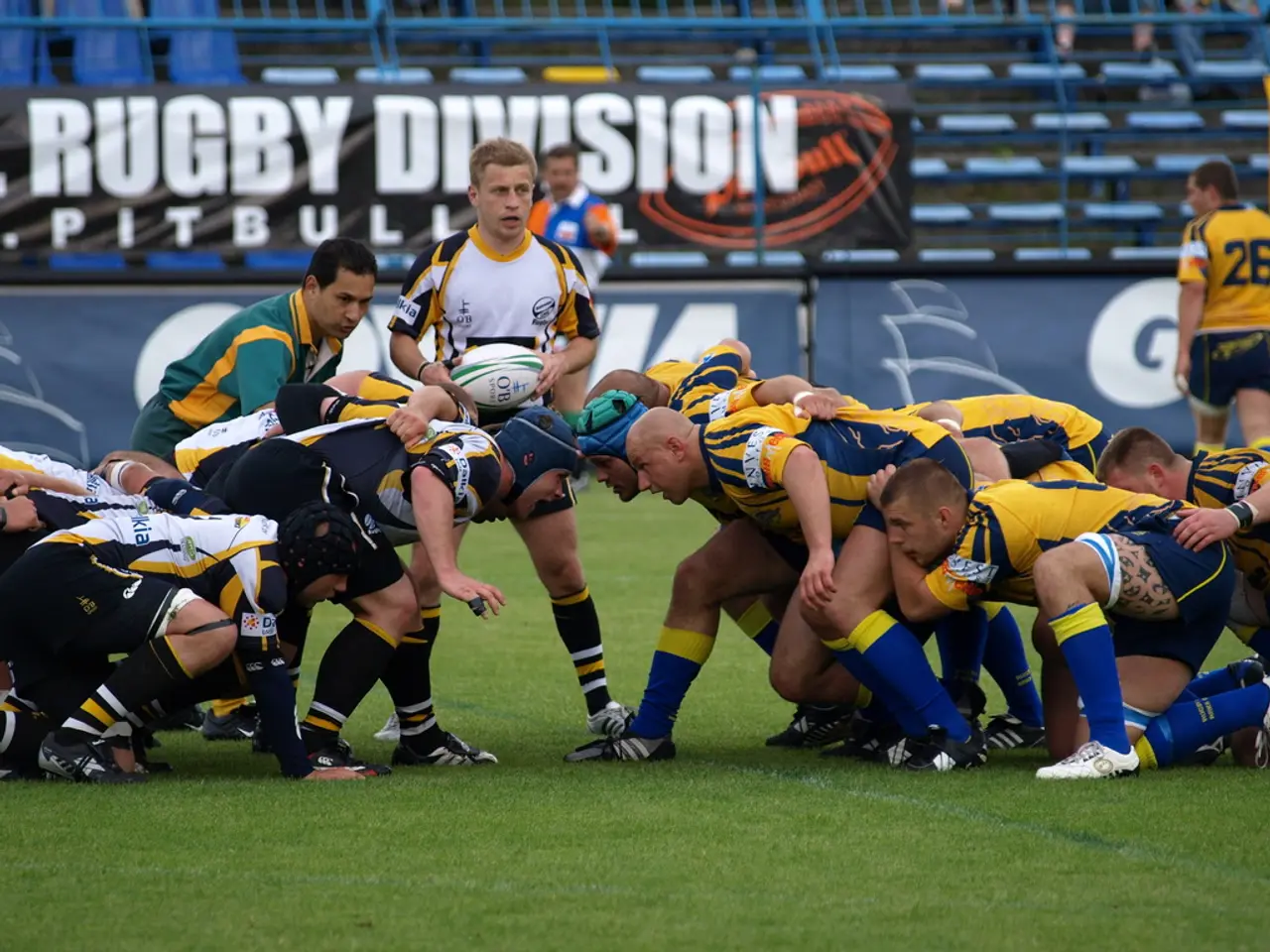The Effect of Business Management on the Authentic Traditions of Rugby League
In the world of Rugby League, the rise of professionalism has brought about a significant shift in the way fans interact with the sport. As clubs seek sponsorships and partnerships, some local connections have weakened, raising questions about the sustainability and relevance of Rugby League in an evolving sports culture.
Commercialisation, while offering financial opportunities and growth, creates a tension between growth and preserving tradition. This tension is evident in the shift of sponsors from local small businesses to global companies, such as digital betting firms, which some fans feel undermine Rugby League’s connection to its grassroots culture.
The landscape of youth participation has also been significantly altered, with increased media influence shifting focus towards professional leagues. However, maintaining a cultural identity is vital for Rugby League's future, with clubs needing to balance financial needs with community values.
Efforts must focus on developing talent from local areas and maintaining community involvement. Grassroots initiatives play a crucial role in the development of Rugby League, providing a foundation for young players to participate in the sport. Clubs need to collaborate with local organisations to support grassroots development and maintain tradition.
The core of Rugby League's cultural roots lies in its core values like teamwork, respect, and community. These values are not only reflected in the game but also in the way local clubs mirror the culture and traditions of the regions they serve. Games become events where generations come together to bond over a shared passion for Rugby League, with wins bringing pride to the entire community and losses creating a shared sense of disappointment.
To preserve the essence of Rugby League for future generations, understanding the dynamic between commercialisation and cultural integrity is key. Clubs that carefully balance commercial growth with respect for Rugby League’s core values can maintain their cultural identity while thriving commercially.
Education on Rugby League's history can deepen appreciation among young players, while community-focused initiatives may be set aside in favor of bigger deals, leading to concerns about losing touch with the sport’s roots. Recognising the need for both financial support and cultural integrity will be important for the future of Rugby League.
Promoting local events can enhance community ties, keeping the sport's spirit alive. Family ties play a crucial role in building the identity of local Rugby League clubs, and increased revenue from commercialisation allows clubs to invest in facilities and player salaries, attracting larger crowds and boosting ticket sales.
In conclusion, while commercialisation offers opportunities for growth and financial stability, it must be managed carefully to protect Rugby League's cultural roots and traditional values. Balancing progress and preservation is essential for the future direction of the game, ensuring that Rugby League remains true to its cultural roots while staying relevant in an evolving sports culture.
Commercialisation, with its financial opportunities, raises concerns about the impact on Rugby League's cultural roots as sponsors shift from local firms to global entities, potentially undermining the sport's connection to its grassroots culture. The preservation of community values is crucial for Rugby League's future, and this can be achieved through grassroots initiatives and collaborations with local organizations, reinforcing the sport's identity and connection to regional cultures.








